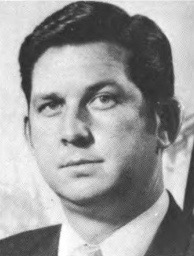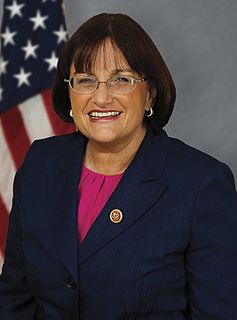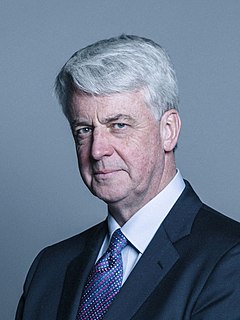A Quote by Charles W. Pickering
Strokes are preventable and treatable. Prompt treatment of patients experiencing stroke saves lives and reduces disability.
Quote Topics
Related Quotes
In 1975, the respected British medical journal Lancet reported on a study which compared the effect on cancer patients of (1) a single chemotherapy, (2) multiple chemotherapy, and (3) no treatment at all. No treatment 'proved a significantly better policy for patients' survival and for quality of remaining life.'
It's nothing but a big stroke job in this country. The government strokes you every day of your life. Religion never stops stroking you. Big business gives you a good stroke. And it's one big, transcontinental, cross-country, red, white and blue stroke job... Do you know what the national emblem for this country ought to be? Forget that bald eagle. The national emblem of this country ought to be Uncle Sam standing naked at attention saluting, and seated on a chair next to him, the Statue of Liberty jerking him off. That would be a good symbol for the United Strokes of America.
Safe care saves lives and saves money. Adverse events like high levels of infection, blood clots or falls in hospital, emergency readmissions and pressure sores cost the NHS billions of pounds every year. There is a serious human cost, too, with patients ending up injured, or even dead. Most are avoidable with the right care.


































